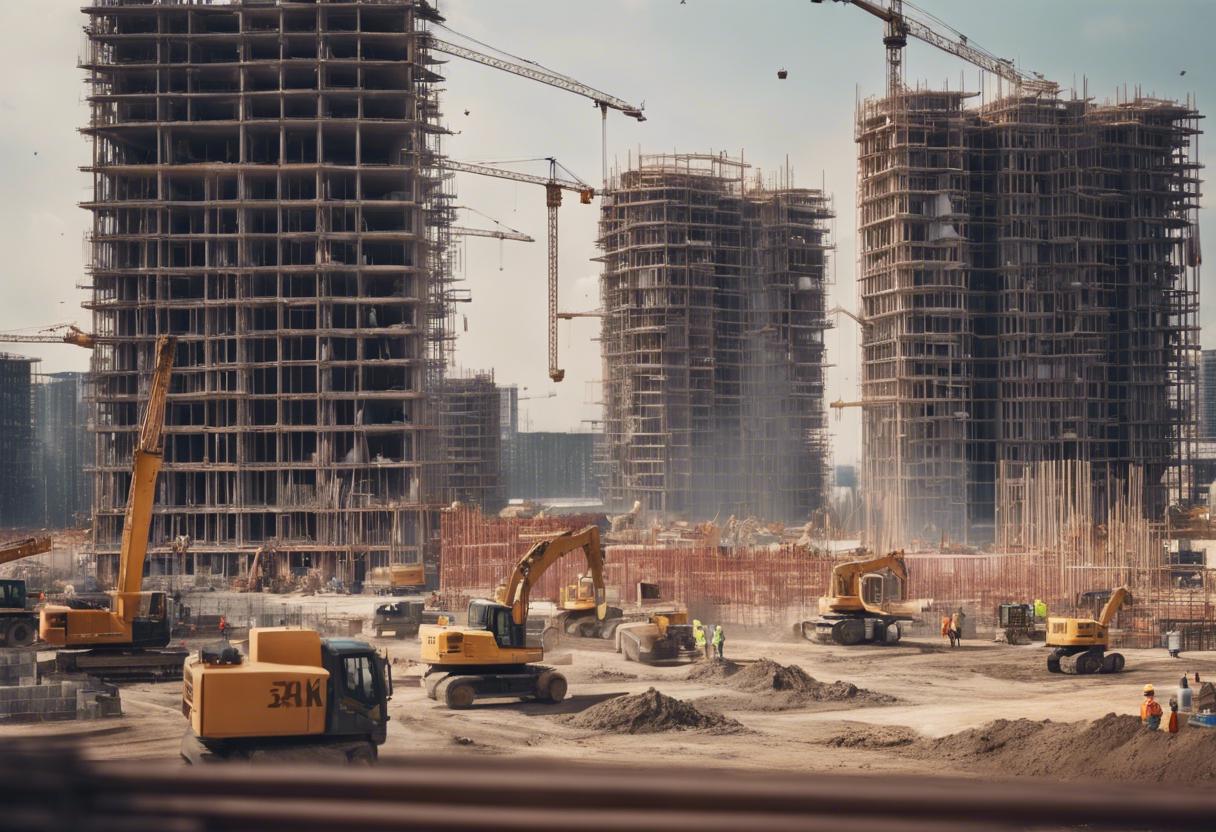A fresh report from the Irish Fiscal Advisory Council indicates a potential requirement of nearly 80,000 extra labourers to combat the infrastructure deficiencies in Ireland. The primary focus of this labour force would be on the advancement of new property construction, as well as renovations on existing homes.
The report underscores a significant labour shortage in critical sectors such as housing, healthcare, energy and transportation. Moreover, it warns that without addressing inherent systemic issues including long-standing challenges in planning, Ireland may find it difficult to bridge the infrastructure gap with other affluent European nations.
While additional allocation of state resources may be needed, it is reportedly a “modest” quantity compared to the entire government expenditure. The major hindrance to the timely fulfilment of infrastructure projects has been linked with the sluggish and unpredictable planning and objection system, which has culminated into increased costs and elongated delays.
The report also suggests that the need for construction workers could be reduced to less than 20,000 through enhancing cost-effectiveness and productivity. Niall Conroy, the principal author of the report, asserts that Ireland’s construction sector productivity lags behind many other European countries.
He highlighted that addressing Ireland’s infrastructure shortcomings necessitates a systematic and extended approach due to their persistent nature. Despite Ireland’s high public expenditure relative to its economic size, Conroy notes that the main issue lies in maintaining this trend and getting enhanced value return on investments.
He added that construction worker productivity in Ireland is roughly 30% less compared to other European nations. Although he stressed that the lower productivity isn’t the fault of the individual workers, he said it does highlight inherent systemic issues in the sector.
In the aftermath of the financial crisis, the construction sector suffered severely, leading to many firms being hesitant to invest in new technologies and equipment. As a result, some modern construction methods seen internationally are not common in Ireland. Increasing efficiency and productivity in the industry could reduce the workforce needed for additional projects. The Irish construction sector mainly consists of numerous small companies, with only a few large corporations undertaking housing projects. Mr Conroy identified that smaller companies typically have lesser innovation and productivity levels, resulting in the sector being less efficient than in countries with a greater number of larger companies involved in housing projects.
Extended delays in the planning stages hinder the development of large-scale infrastructural projects. Even fast-tracked projects can take roughly a year to pass through planning, often followed by judicial reviews and further delays, which escalate costs and create uncertainty, slowing the delivery process. Mr Conroy suggested that planning system reforms could expedite these procedures and encourage much-needed investments, making the deployment of critical infrastructure quicker and more affordable.
Furthermore, he commented that minimising the severity of the ‘boom and bust’ cycles in Ireland’s economy could facilitate more effective and efficient investments in the construction sector.

